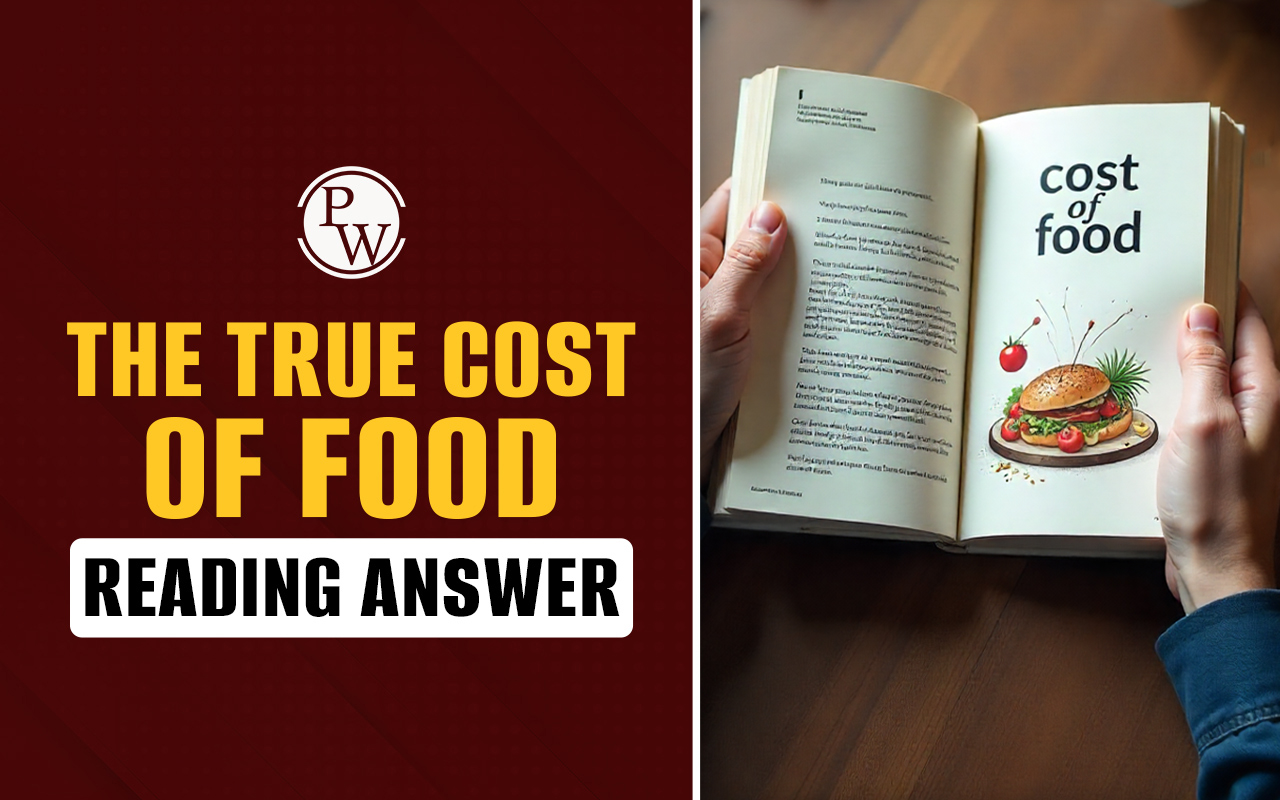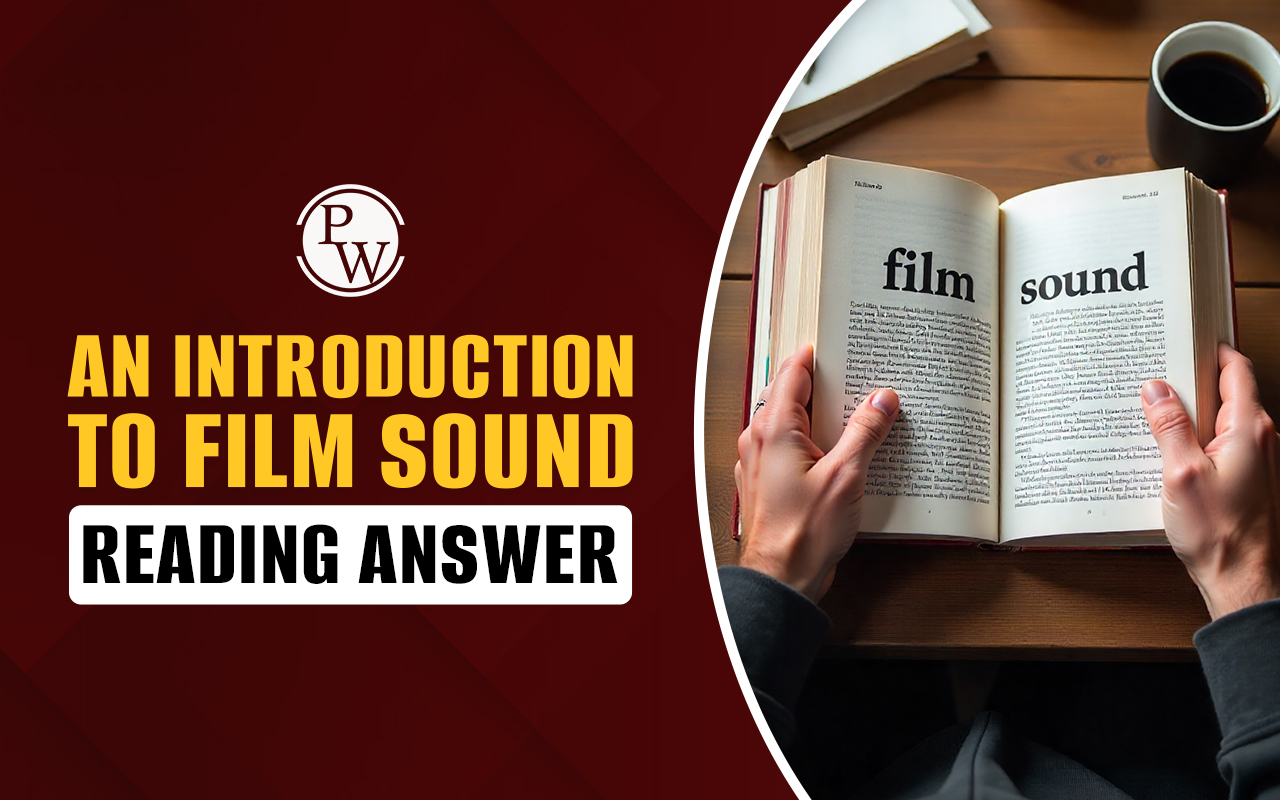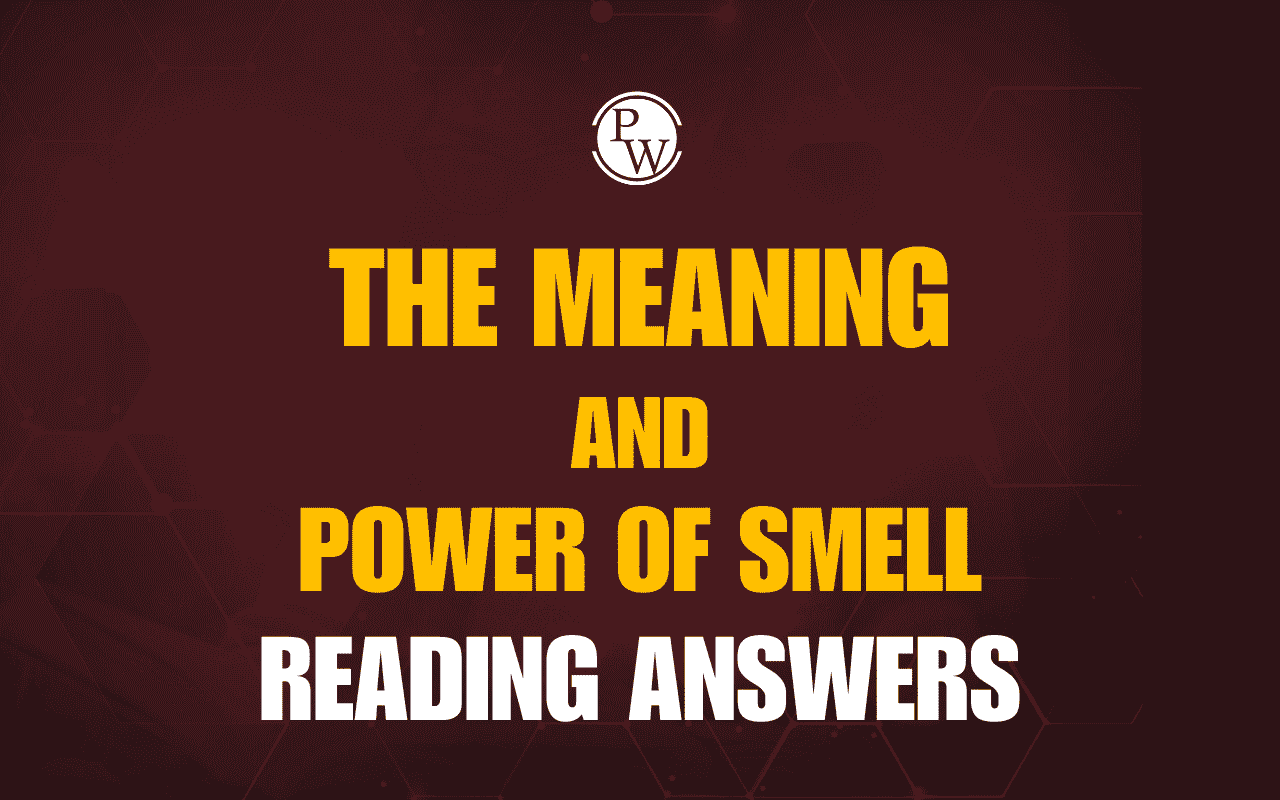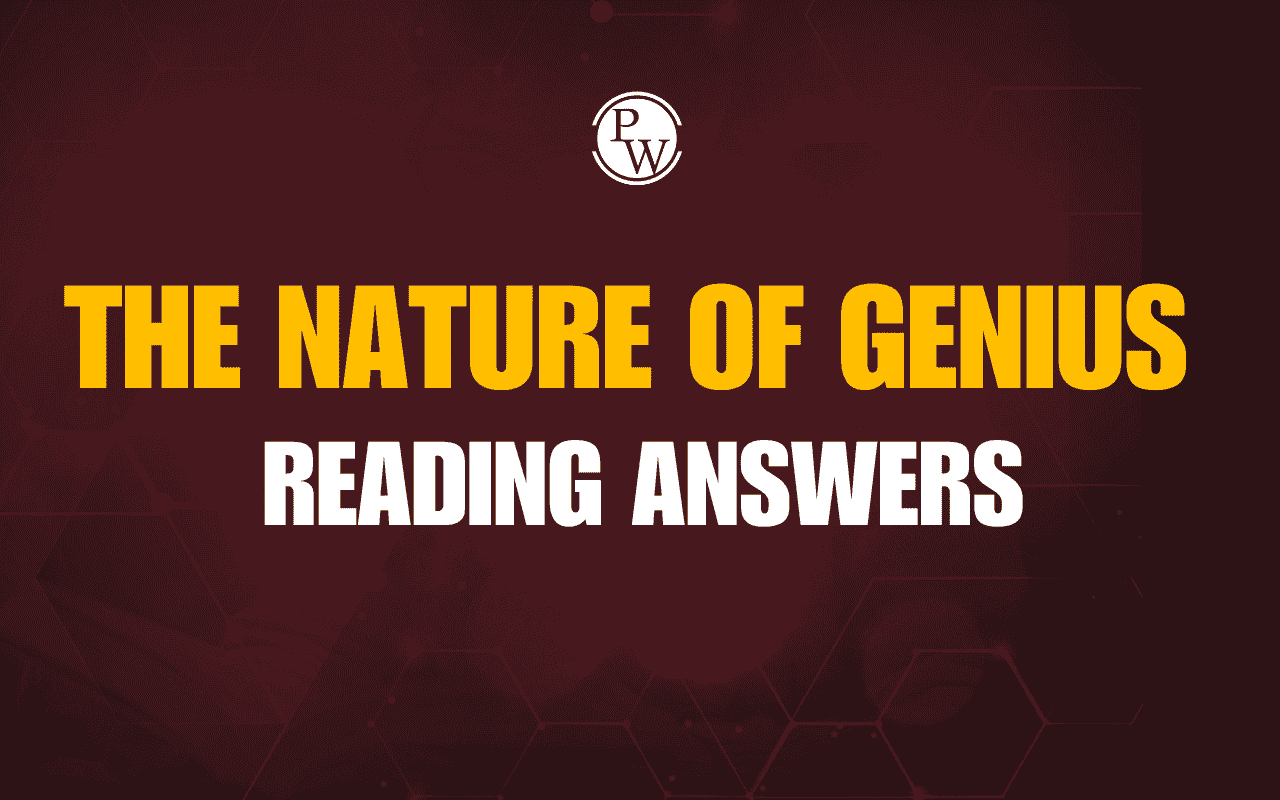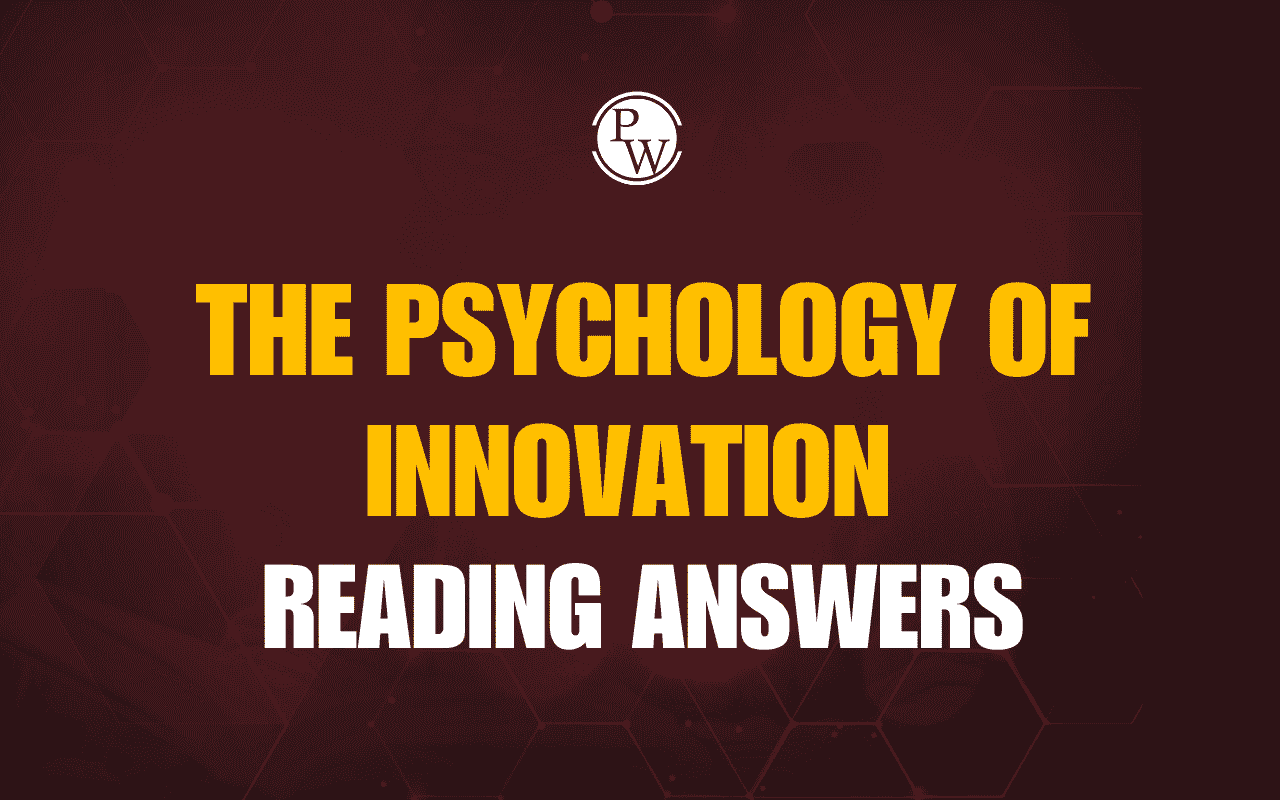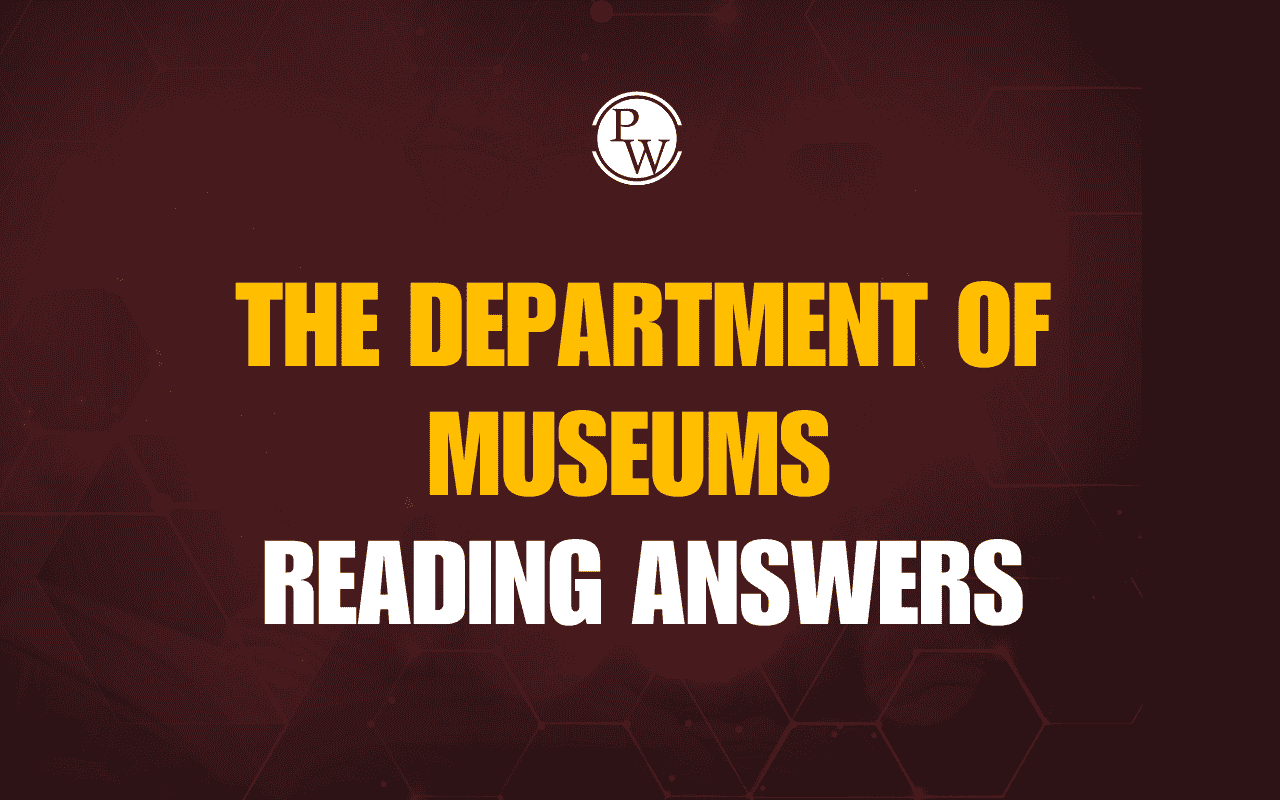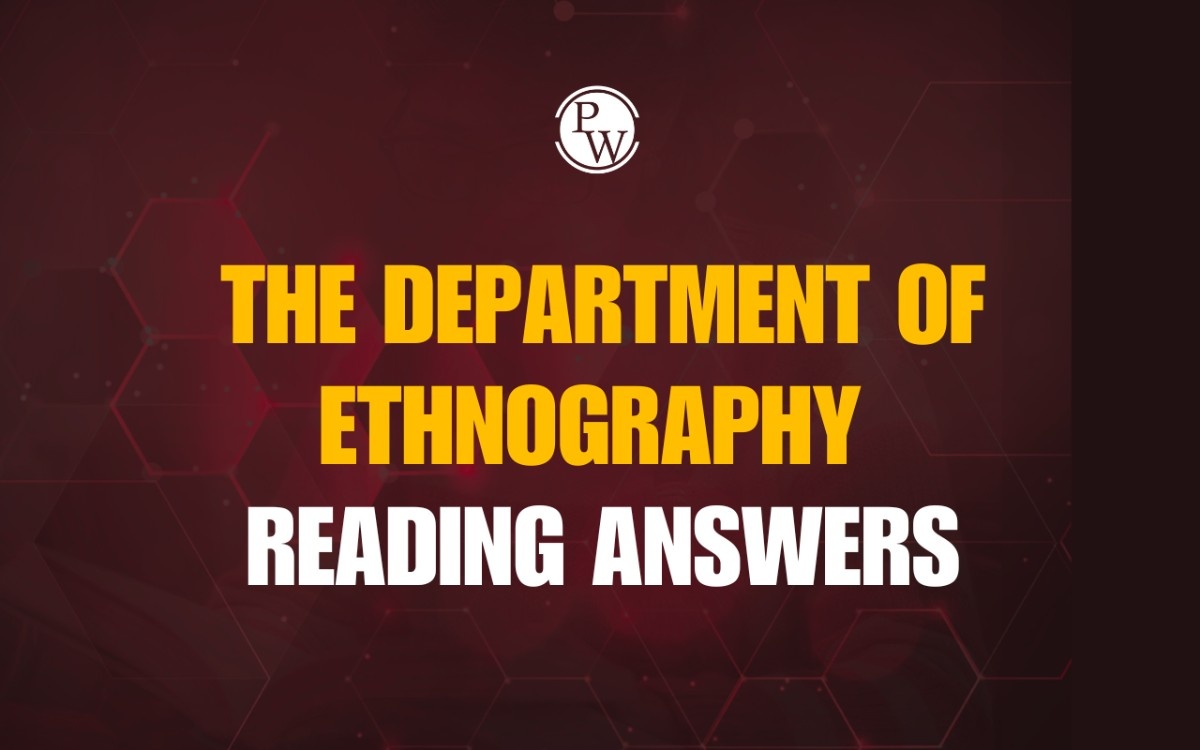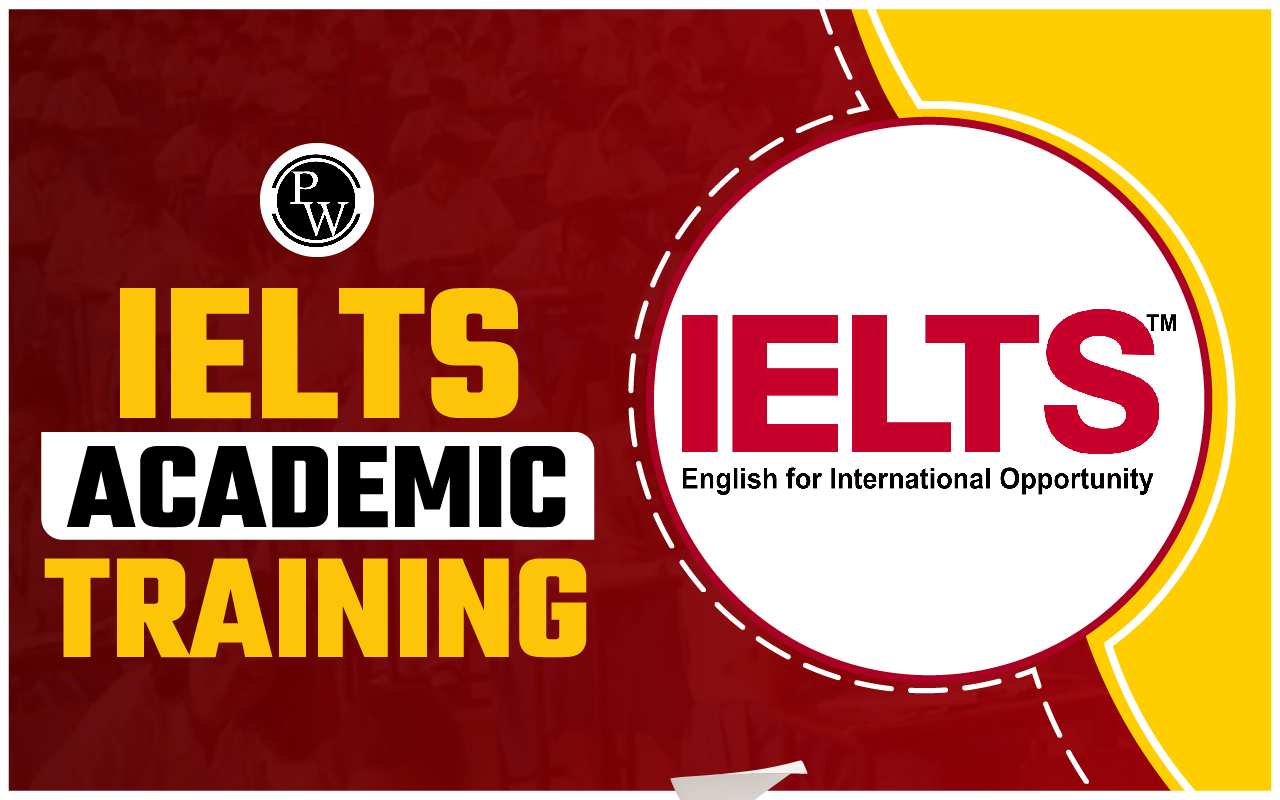
IELTS Academic 2025: The IELTS Academic test is designed for individuals who plan to study at universities or professional institutions in an English-speaking country. It assesses your ability to understand and use academic language effectively. This test is crucial for those applying for undergraduate, postgraduate, or professional registration in countries like Australia, Canada, New Zealand, the UK, and the USA.
The IELTS Academic consists of four sections: Listening, Reading, Writing, and Speaking. While the Listening and Speaking sections remain the same as in the General Training version, the Reading and Writing sections focus on academic content. For example, in the Writing section, candidates must analyze graphs, charts, or diagrams and write an essay on an academic topic. Overall, the IELTS Academic test evaluates how well you can communicate in an academic and professional setting. Check details on the IELTS Academic test pattern, structure, and more.
Click Here to Explore IELTS Online Courses
IELTS Academic 2025 Test Format
The IELTS Academic test consists of four sections: Listening, Reading, Writing, and Speaking. While the Listening and Speaking sections are identical to those in the General Training test, the Reading and Writing sections are more focused on academic language and content.
Below is a detailed breakdown of each section:
1. IELTS Listening (30 Minutes)
This section assesses a candidate’s ability to understand spoken English in different accents and contexts.
-
Number of Questions: 40
-
Sections: 4 recordings
-
Question Types: Multiple choice, matching, sentence completion, note/table/diagram completion
-
Key Challenge: Understanding different English accents (British, American, Australian, etc.)
-
Scoring: 1 mark per correct answer
2. IELTS Academic Reading (60 Minutes)
This section evaluates comprehension skills through academic texts taken from books, journals, newspapers, and research articles.
-
Number of Questions: 40
-
Passages: 3 long academic texts
-
Question Types: True/False/Not Given, multiple choice, matching headings, summary completion
-
Key Challenge: Understanding complex academic vocabulary and managing time effectively
-
Scoring: Scores are converted into the 9-band IELTS scale
3. IELTS Academic Writing (60 Minutes)
This section assesses a candidate’s ability to present information and arguments clearly in writing.
-
Task 1: Describe, summarize, or explain visual data (graphs, charts, tables, diagrams) (Minimum 150 words)
-
Task 2: Write an academic-style essay on a given topic (Minimum 250 words)
-
Key Challenge: Structuring responses effectively within time constraints
-
Scoring Criteria: Task achievement, coherence, and cohesion, lexical resource, grammatical range, and accuracy
4. IELTS Speaking (11–14 Minutes)
This section is a face-to-face interview with an examiner, divided into three parts:
-
Part 1: Introduction and general questions
-
Part 2: Cue card (2-minute speech on a given topic)
-
Part 3: Discussion with the examiner about abstract topics related to Part 2
-
Key Challenge: Speaking fluently with confidence
-
Scoring Criteria: Fluency and coherence, lexical resource, pronunciation, grammatical range and accuracy
IELTS Academic Syllabus 2025
The International English Language Testing System (IELTS) Academic is designed for students planning to study at a university or college in an English-speaking country. It assesses four key language skills: Listening, Reading, Writing, and Speaking.
1. Speaking Section
This section is a face-to-face interview with an examiner and is divided into three parts. It lasts between 11-14 minutes.
Part 1: Introduction & General Questions
-
The examiner asks general questions about familiar topics such as home, family, work, studies, and interests.
-
This part lasts between 4-5 minutes.
Part 2: Task Card (Long Turn)
-
A task card is given with a topic to speak about.
-
Candidates get 1 minute to prepare and must speak for up to 2 minutes.
-
The examiner may ask one or two follow-up questions.
Part 3: Discussion (Abstract Topics)
-
The examiner asks deeper questions related to the topic in Part 2.
-
This allows for a discussion of more abstract ideas and issues.
-
Lasts 4-5 minutes.
2. Writing Section
This section consists of two tasks and lasts 60 minutes.
Task 1: Visual Representation
Candidates are given a visual representation of information such as:
-
Line Graphs
-
Bar Graphs
-
Pie Charts
-
Tables
-
Mixed Graphs
-
Process Diagrams
-
Flowcharts
-
Maps or Plans
Candidates must summarize, describe, or explain the information in at least 150 words.
Task 2: Essay Writing
-
Candidates must write an essay of at least 250 words in response to a given argument, problem, or point of view.
-
Essays should be well-structured and supported with logical arguments and examples.
3. Reading Section
This section consists of three reading passages or texts and lasts 60 minutes.
Question Types:
-
Diagram Label Completion: Complete labels based on a diagram in the text.
-
Identifying a Writer’s Views/Claims: Determine if given statements agree with the writer’s opinions.
-
Identifying Information: Answer "True/False/Not Given" based on the text.
-
Matching Features: Match a set of statements to a list of options.
-
Matching Headings: Assign headings to paragraphs or sections.
-
Matching Information: Locate specific information within the text.
-
Matching Sentence Endings: Complete sentences using given options.
-
Multiple Choice Questions: Choose the best answer(s) from given choices.
-
Sentence Completion: Fill in missing words from the reading passage.
-
Short-Answer Questions: Provide brief answers.
-
Summary, Note, Table, Flowchart Completion: Complete these using words from the text or a given list.
4. Listening Section
This section lasts 30 minutes and consists of four recordings:
Section 1:
-
A conversation between two people in an everyday social context (e.g., a discussion in an accommodation agency).
Section 2:
-
A monologue set in an everyday social context (e.g., a speech about local facilities).
Section 3:
-
A conversation between up to four people in an educational or training setting (e.g., a tutor discussing an assignment with students).
Section 4:
-
A monologue on an academic subject (e.g., a university lecture).
Candidates listen to the recordings and answer 40 questions of various types, such as:
-
Multiple Choice
-
Form Completion
-
Table Completion
-
Flowchart Completion
-
Diagram Labeling
| IELTS Reading Band Score | IELTS Listening Band Score |
| IELTS Speaking Band Score | IELTS Writing Band Score |
Why Take the IELTS Academic 2025?
The IELTS Academic test is widely accepted for multiple purposes. Whether you are planning to study abroad, apply for scholarships, or register for a professional license, this test proves your English proficiency. Below are the main reasons why candidates take this test:
-
University Admissions: Required by universities in Australia, Canada, the UK, the USA, and New Zealand.
-
Scholarship Applications: Many scholarships require a minimum IELTS score.
-
Professional Registration: Used for licensing in fields such as medicine, engineering, and law.
-
Visa and Immigration: Some countries require IELTS Academic for specific visa categories.
With English proficiency becoming an essential skill for global education, taking the IELTS Academic test in 2025 can significantly enhance academic and professional opportunities.
How is IELTS Academic Scored?
Each section of the IELTS exam is scored on a band scale of 0–9. The overall band score is the average of the four section scores. Below is the IELTS band descriptor to understand what each score represents:
|
Band Score |
Skill Level |
|---|---|
|
9.0 |
Expert User |
|
8.0 – 8.5 |
Very Good User |
|
7.0 – 7.5 |
Good User |
|
6.0 – 6.5 |
Competent User |
|
5.0 – 5.5 |
Modest User |
|
4.0 – 4.5 |
Limited User |
|
Below 4.0 |
Extremely Limited/Non-User |
How to Prepare for IELTS Academic 2025?
A well-structured preparation plan is essential to achieving a high IELTS score. Below are effective strategies for each section:
1. Develop Strong Listening Skills
-
Listen to academic lectures, TED Talks, and university discussions.
-
Practice with IELTS Listening sample tests to improve comprehension.
-
Take notes while listening to enhance focus and retention.
2. Improve Academic Reading Skills
-
Read research papers, journals, and university-level articles.
-
Practice skimming and scanning techniques to find answers quickly.
-
Learn academic vocabulary and synonyms to recognize paraphrased information.
3. Master IELTS Writing Tasks
-
Task 1: Practice writing reports on graphs, charts, and tables.
-
Task 2: Write essays on common IELTS topics, ensuring clear structure and logical flow.
-
Review model answers to understand high-scoring responses.
4. Enhance Speaking Confidence
-
Practice speaking on academic topics.
-
Record yourself and analyze pronunciation and fluency.
-
Engage in mock interviews to simulate real test conditions.
|
IELTS Speaking Cue Cards
|
|
|---|---|
Common Mistakes to Avoid in IELTS Academic
Below are some of the common mistakes students should avoid to score a high IELTS band score:
-
Not Reading Instructions Carefully: Always check word limits and task requirements.
-
Spelling & Grammar Errors: Incorrect spelling can reduce your score.
-
Poor Time Management: Spend no more than 20 minutes on Task 1 and 40 minutes on Task 2.
-
Skipping Practice Tests: Regular mock tests improve familiarity with the format.
-
Overcomplicating Answers: Use clear and precise academic language.
| IELTS Exam Other Related Links | |
|---|---|
| IELTS Registration | IELTS Eligibility Criteria |
| IELTS Exam Pattern | IELTS Academic Vs General |
| IELTS Mock Test | IDP IELTS Test Centers |
| IELTS Cut Off | IDP IELTS Slot Booking |
IELTS Academic Training FAQs
Q. What are the changes in IELTS 2025?
Q. When to take IELTS for Fall 2025?
Q. What is the format of IELTS for 2025?
Q. What is the fees for IELTS exam 2025?
Q Is Academic IELTS easier than general?

